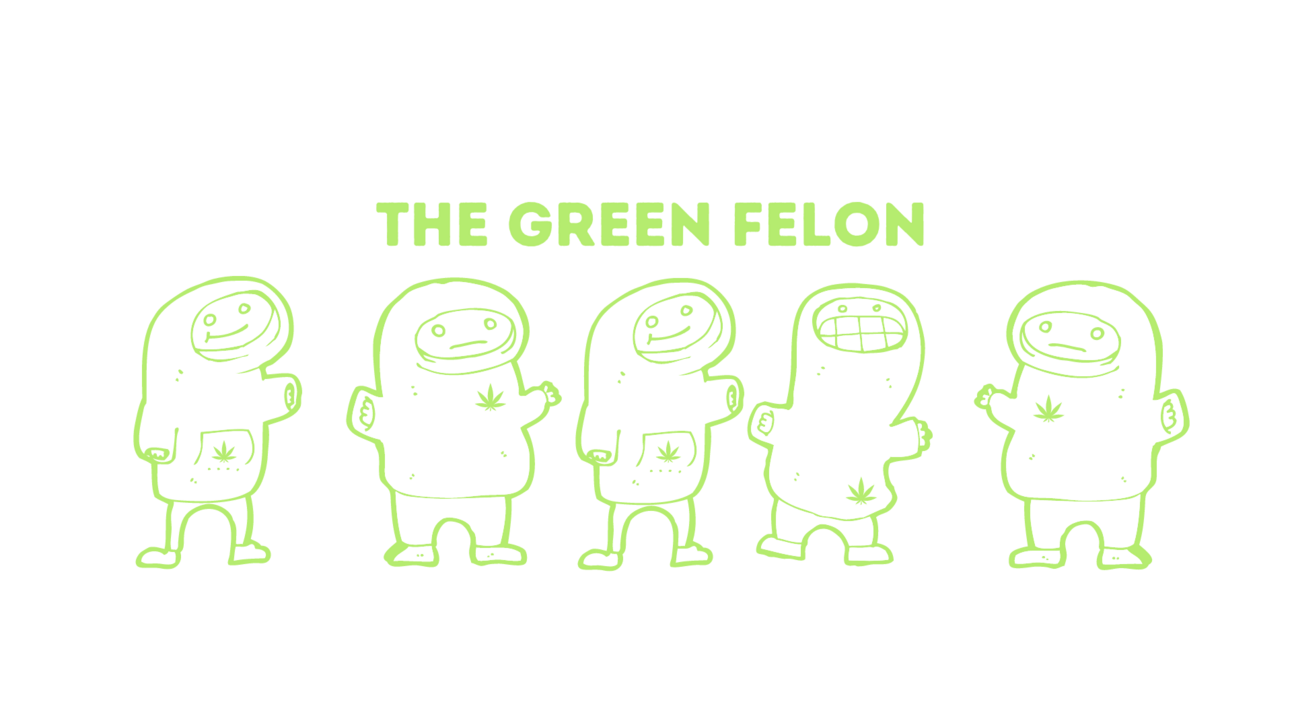
News Highlights 📺:
Tobacco Addiction 🍸 Aid: Early studies suggest CBD can reduce cravings and anxiety tied to nicotine withdrawal 😫, potentially helping people quit smoking.
Reducing Opioid 💊 Cravings: Research indicates CBD 🍀 can lower opioid cravings and prevent relapse by interacting with the brain's reward 🏆 system, making it a potential complementary therapy. Samba Recovery
Alcohol 🍻 Withdrawal Management: CBD may help reduce symptoms associated with alcohol withdrawal, such as anxiety and tremors, making it easier for individuals to detox 💚. Exact Nature Botanicals LLC

Quick 📓 Read:
CBD 🍁 for Withdrawal Relief: CBD may help ease withdrawal symptoms like anxiety, nausea 🤢, and insomnia 🧟♀️ by interacting with the endocannabinoid system.
Craving 🍩 Reduction Potential: Studies suggest CBD can reduce cravings by affecting brain pathways and serotonin ✨ levels, offering emotional balance during recovery.
Natural 🐢 and Non-Addictive: Unlike some traditional treatments, CBD is non-psychoactive 🍬 and non-addictive, making it a safer alternative for addiction recovery
Holistic 🦚 Approach: CBD can be part of a holistic recovery plan 📝, working alongside therapy and support groups to provide a more comprehensive treatment 📅.
Not a Miracle 😇 Cure: While promising, CBD isn’t a standalone cure for addiction and should be used in conjunction with conventional treatments under medical 🚑 guidance.

CBD 🥒 for Addiction Recovery: Can It Really Help With Withdrawal Symptoms❓
In the constantly shifting realm 🧜♂️ of addiction recovery, CBD (cannabidiol) has appeared as a bright new solution 🧪 for those struggling with substance dependence. Traditional treatments often focus on gradually reducing drug or alcohol use, but CBD might offer a unique way to manage withdrawal symptoms and reduce cravings. But is CBD truly a hero 🦸♂️ in recovery, or just another fleeting health craze? 🤔
The Science 🦖 Behind CBD and Withdrawal Symptoms
Withdrawal is a daunting process, typically accompanied by anxiety 🐍, nausea 🤮, insomnia 🛌, and intense cravings 🍇. These symptoms make the road to recovery feel overwhelming 🌪️. Here’s where CBD may help! CBD interacts with the body’s endocannabinoid system (ECS), a complex network responsible for regulating mood 🧘♂️, pain, and sleep. By affecting this system, CBD has the potential to calm the nervous system, reducing anxiety and soothing restlessness 🌻.
Some research 🗄️ involving nicotine addiction found that CBD reduced the desire to smoke 🚬 by altering brain pathways related to cravings. If it can curb nicotine cravings, could it also tackle opioid 🧩 and alcohol withdrawal? Clinical trials indicate that CBD might decrease cravings while calming the stress response during detox 🚿. This could lead to fewer relapses and a smoother recovery journey 🛤️.

CBD’s Role in Craving Reduction 📉
Cravings are one of the toughest challenges 🏋️♀️ in quitting substances. They sneak up unexpectedly, often leading to relapse even after long periods of sobriety ⏳. CBD’s ability to alter the brain’s reward system may explain its potential as an addiction treatment 🔬. One study showed that people exposed to drug-related triggers experienced fewer cravings when using CBD 🍄, suggesting that CBD may help reprogram how the brain responds to these stimuli.
Additionally, CBD 🟢 interacts with serotonin receptors, which can improve mood and reduce anxiety, fostering a sense of well-being 😌. This effect is crucial for those enduring withdrawal, as serotonin depletion often leads to emotional distress 💔. By balancing these neurochemical systems, CBD may offer a much-needed source of stability 🪨 in recovery.

The Natural Approach to Recovery ⛰️
One reason CBD is gaining popularity is because it's non-psychoactive 🪄 and non-addictive 🎯, making it a safer alternative to medications like methadone or buprenorphine 🧬. While effective, these traditional treatments come with their own risks and can sometimes create dependency 🌀. CBD, being a plant-based 🌾 remedy, offers a more natural solution, and it’s generally well-tolerated with minimal side effects reported by users 🙋♂️.
For those who prefer a holistic approach to health 🏥, the appeal of a natural, plant-derived compound is much stronger than that of synthetic pharmaceuticals. Incorporating CBD into an overall recovery plan, including therapy 🗣️ and support groups, could provide a more balanced and sustainable path toward long-term sobriety ✅.
CBD has shown promise in reducing cravings and anxiety for individuals recovering from heroin addiction. In a recent study, participants who received a high dose of CBD reported significantly lower cravings and anxiety when exposed to drug cues, lasting up to a week after the treatment.”
Risks and Considerations
While the potential of CBD is exciting 🎇, it’s essential to remember that it’s not a miracle cure. Addiction is a complex 🚧 condition that requires a personalized and multifaceted approach. CBD might ease some withdrawal symptoms, but it shouldn’t replace traditional therapies like counseling 🎙️ or medication-assisted treatment. More research is needed 📚 to fully understand CBD’s long-term effects on addiction recovery, especially in cases involving powerful substances like opioids and alcohol 🍷.
It's important to consult a healthcare professional before adding CBD to any recovery regimen 🧑⚕️. Not all CBD products are created equal, and the unregulated 🏴 market means there's a risk of contamination or inconsistent dosing. Ensuring that the CBD product comes from a reputable source is vital for safety 🛡️ and effectiveness.

Could CBD Be the Missing Piece in Addiction Recovery? 🧩
With increasing evidence supporting its benefits 🌠, CBD could redefine how we approach addiction treatment. Whether it’s reducing cravings, mitigating withdrawal symptoms 🤒, or providing emotional stability, CBD offers a promising alternative that deserves attention ✋. But the big question remains—can CBD truly stand as a game-changer in the long-term battle ⚔️ against addiction , or is it just a complementary tool?
What do you think—could CBD 🎄 change the landscape of recovery 😬, or is it just another wellness fad?
🥶 Chill Out ⛷️

The information provided in this newsletter is for informational purposes only and does not constitute medical, legal, or professional advice. Always consult with a qualified professional before making any decisions based on the content shared here.
